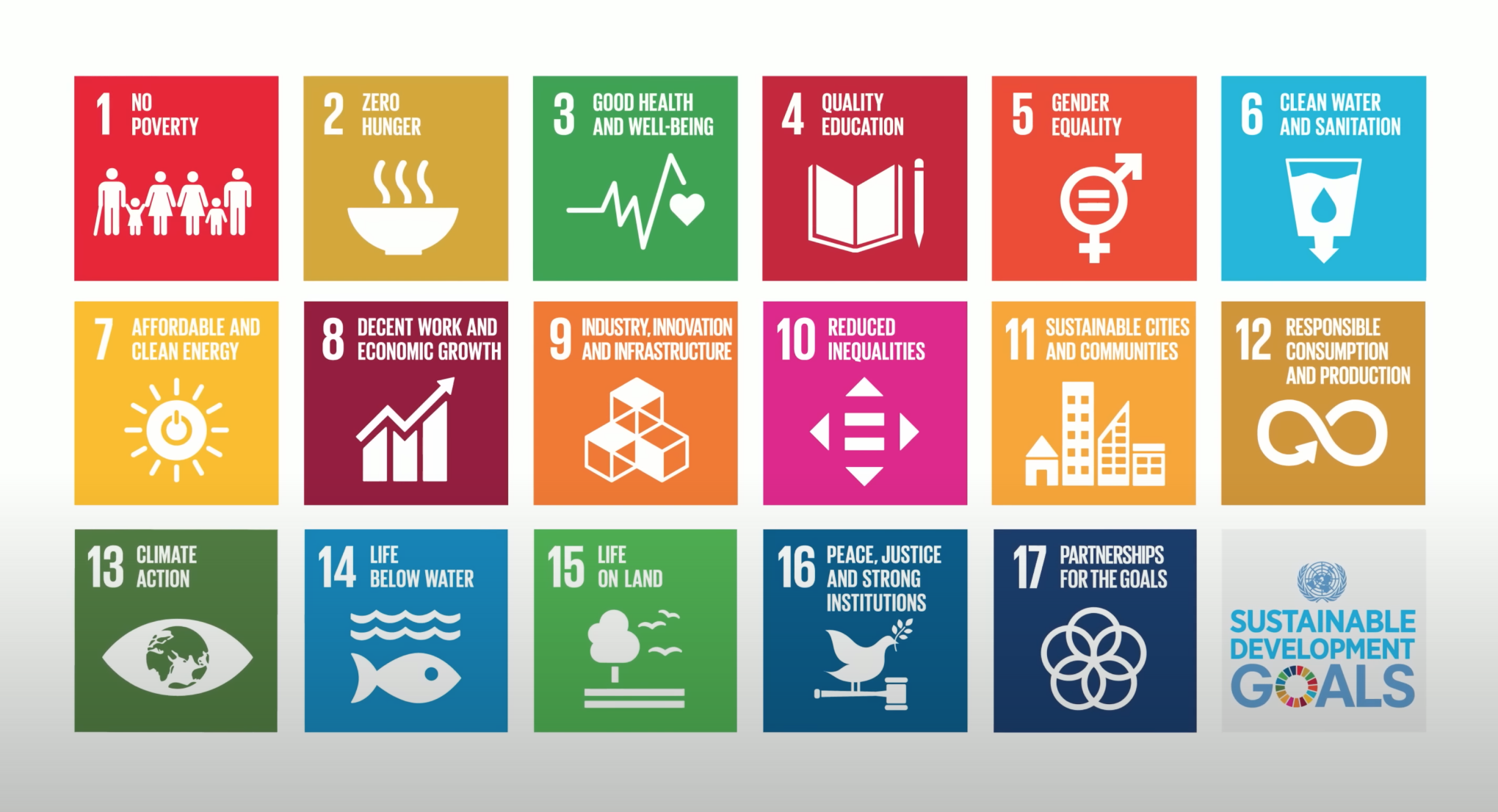ECONOMIC COUNCIL TO THE PRIME MINISTER OF THE RM
The 2030 Agenda for Sustainable Development, adopted by all United Nations Member States in 2015, provides a shared blueprint for peace and prosperity for people and the planet, now and into the future. At its heart are the 17 Sustainable Development Goals (SDGs), which are an urgent call for action by all countries – developed and developing – in a global partnership. They recognize that ending poverty and other deprivations must go hand-in-hand with strategies that improve health and education, reduce inequality, and spur economic growth – all while tackling climate change and working to preserve our oceans and forests.

The Sustainable Development Goals

SDG infrastructure provided by public authorities
In September 2015, the Republic of Moldova, along with 192 other member states of the United Nations, undertook to implement the 2030 Agenda for Sustainable Development by adopting the Declaration of the Summit on Sustainable Development held in New York.
This agenda seeks to accelerate the achievement of the Millennium Development Goals, with the main goal of eradicating poverty by 2030 and promoting sustainable development worldwide. The 2030 Sustainable Development Agenda is complex and includes 17 general objectives and 169 specific objectives covering all key aspects of economic, social and environmental development. It was designed to be adapted to the priorities and particularities of each country. in this context, the Republic of Moldova adopted and nationalized the Sustainable Development Goals (SDGs).
By adopting the 2030 Sustainable Development Agenda, Moldova has undertaken to implement and track progress in achieving these goals at the national level. And the combined efforts of key actors are being mobilized to end all forms of poverty, tackle inequalities and tackle climate change, ensuring that no one is left behind. This process involved adapting the SDGs to the specific context of Moldova, identifying national priorities and developing specific plans and policies to achieve these goals. Moldova took into consideration its particularities and specific needs in the process of nationalizing the SDGs, so that they can contribute to the sustainable development of the country and to improving the well-being of the population.
The national framework for monitoring the implementation of the 2030 Sustainable Development Agenda
On December 28, 2022, the Government of Moldova approved the Decision on the national framework for monitoring the implementation of the Sustainable Development Agenda 2030 (2030 Agenda), which represents the informational foundation for ensuring the reporting of the progress of the Republic of Moldova in the implementation of this agenda at the international level. The document was developed by the National Bureau of Statistics (NBS) and the State Chancellery.
According to the Decision, the NBS coordinates the production and dissemination of indicators for monitoring the Sustainable Development Goals (SDGs) in the Republic of Moldova, ensuring open access to data for decision-makers and other interested parties.
Together with the State Chancellery, the NBS develops the instructions for the presentation and publication of data related to the SDGs. The national monitoring framework establishes the responsibilities of public authorities, the coordination mechanism and the framework for reporting progress in the implementation of the 2030 Agenda. The regulations promoted in the document contribute to accelerating the implementation of the SDGs to highlight visible and measurable progress in the implementation of the 2030 Agenda.


